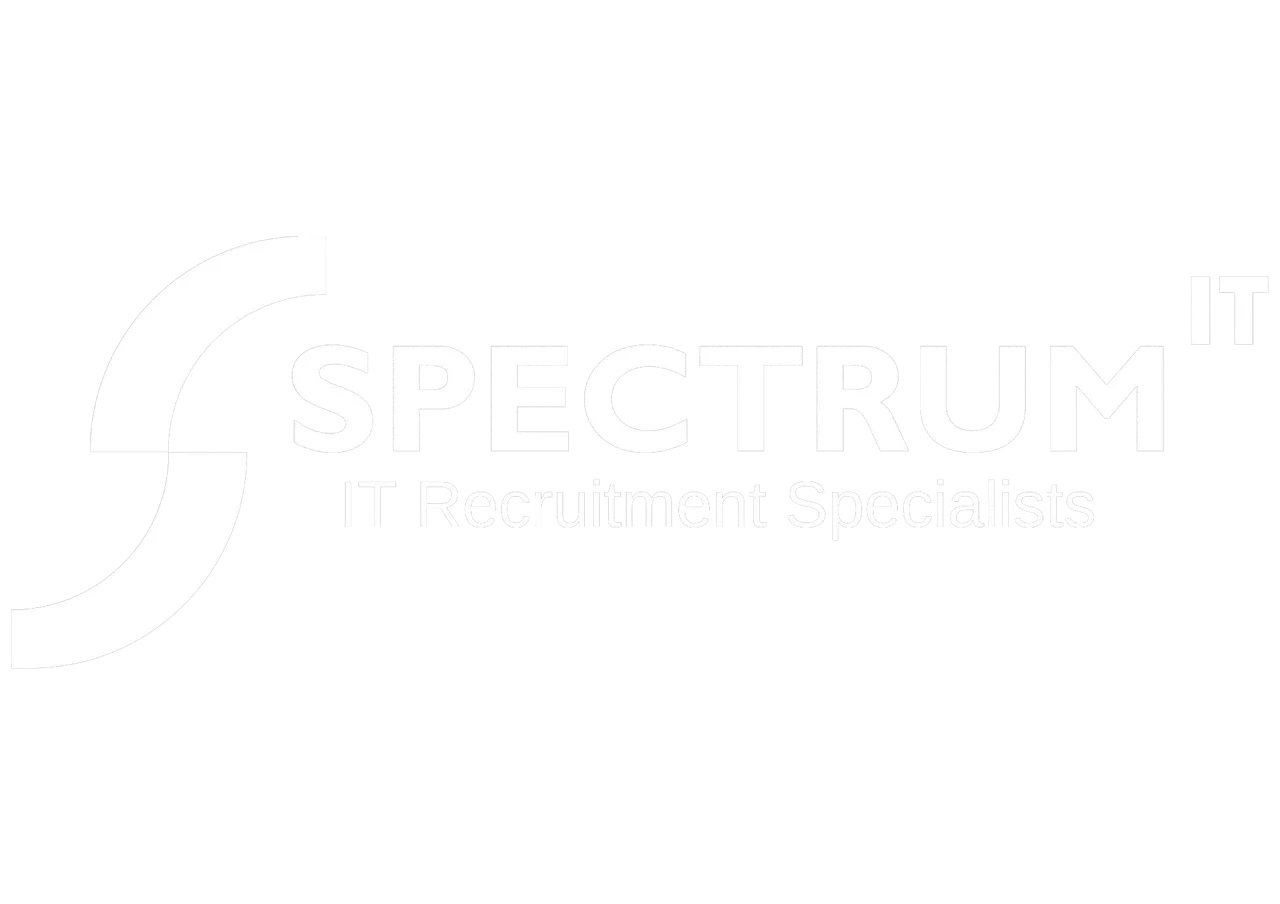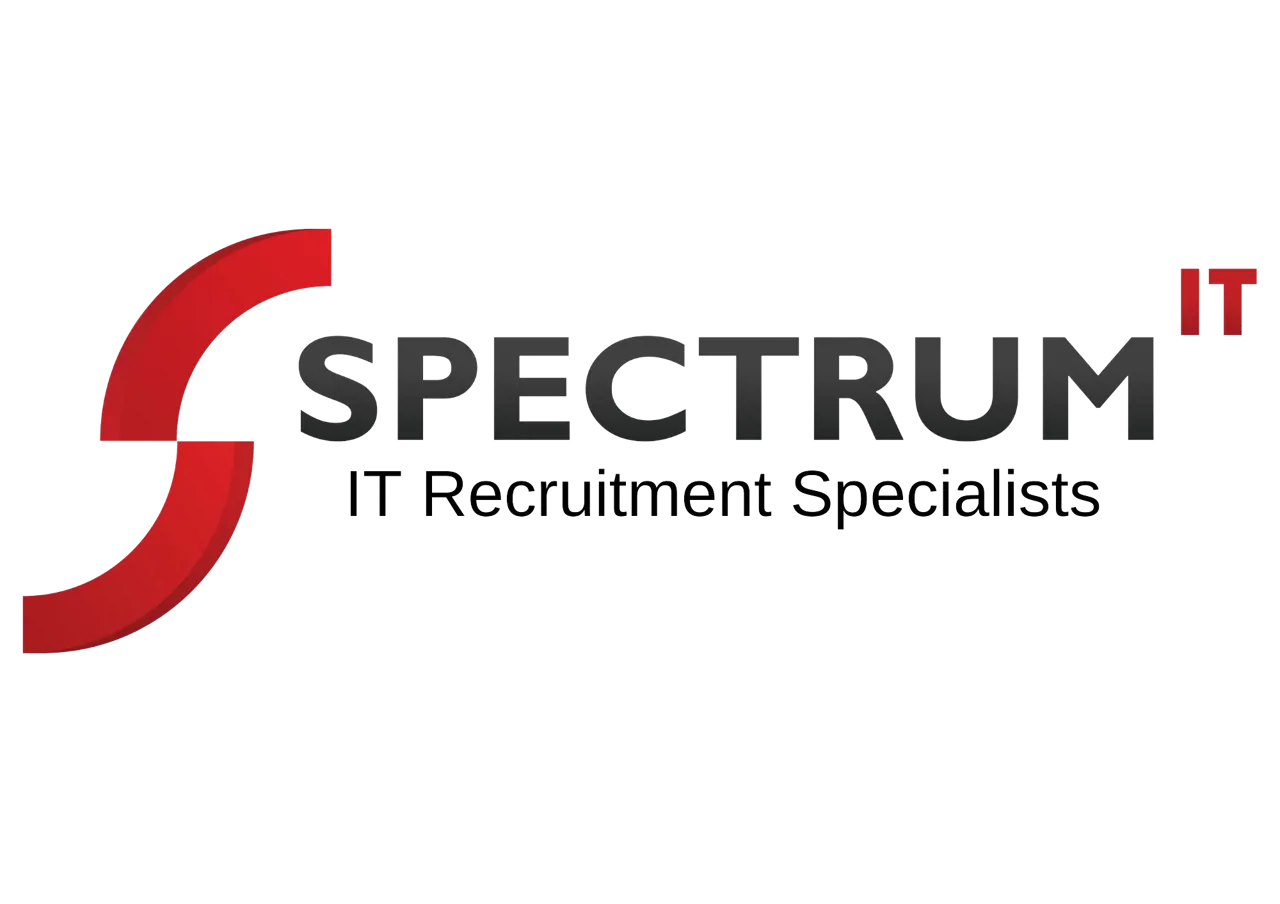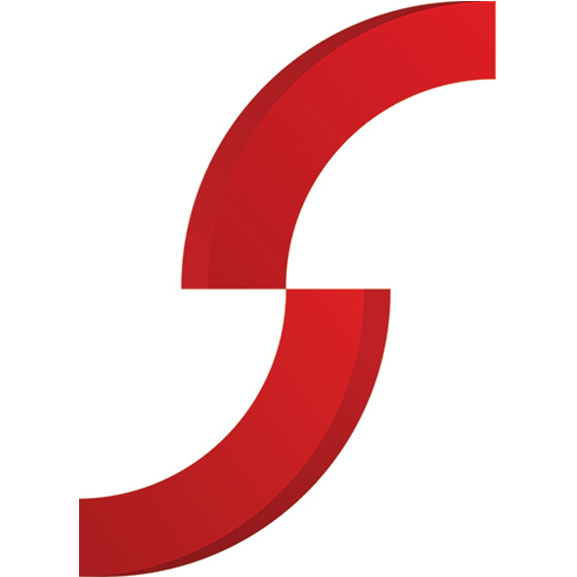
How to Attract Tech Talent to Your Software Jobs
30 Sept, 202515 minutes
Knowing how to attract tech talent to your software roles is essential in a highly competitive market. Once you understand the type of people you want to bring into your business, whether on a permanent or contract basis, it becomes important to define a clear and effective approach to talent attraction. This guide is designed to help you attract high-quality software professionals who can strengthen your teams and support the growth of your organisation.
In this blog, we explore practical strategies to help your business stand out to candidates in a busy job market. From showcasing your employer brand and offering development opportunities, to providing competitive salaries, writing engaging job descriptions, and delivering an inclusive interview experience, we cover the core steps needed to enhance your software recruitment process.
Showcase your employer brand to software talent
A strong employer brand is one of the most effective ways to attract high-quality software professionals. Your employer brand should clearly communicate who your company is, what you do, and why you do it, while also reflecting the values and culture of your organisation.
Showcasing your employer brand helps potential candidates understand your business and gives them a reason to choose your opportunities over those of a competitor. As you develop or refine your employer brand, consider how your mission, vision, and values align with the developers and engineers you want to attract.
Content plays a key role in bringing your employer brand to life. This may include blogs on software development trends or your technology stack, interviews with industry experts, or case studies highlighting client success. Content like this demonstrates credibility while giving insight into the types of projects your teams work on. Your employer brand should also highlight the benefits and support you offer employees, such as training opportunities, wellbeing initiatives, and flexible working arrangements. These elements show how you invest in both professional development and personal growth.
Promoting workplace culture is equally important. Sharing testimonials from current employees, team spotlights, or project successes helps candidates understand what it is like to work within your organisation and encourages applications from those who are genuinely aligned with your values.
Employer branding is not limited to social events or surface-level perks. It should reflect your organisation’s history, purpose, and ways of working, alongside real examples of collaboration and innovation that resonate with software professionals. You can showcase your employer brand across multiple channels, including your website, LinkedIn presence, job descriptions, and industry events. Using a consistent message across these platforms builds recognition and trust within the tech community.

Provide software talent with development opportunities
Offering training and development opportunities is a key factor in attracting and retaining software professionals. Candidates want to see evidence that a business is invested in their long-term career growth, not just their immediate output.
Development opportunities can be delivered internally or through external providers, certifications, and online learning platforms. They should be accessible to professionals at all levels, from entry-level candidates building technical foundations to senior individuals preparing for leadership roles. For example, a graduate developer may want to deepen their knowledge of a programming language, while a senior engineer may be interested in leadership or communication training. Supporting both types of development demonstrates flexibility and commitment to individual career paths. Providing these opportunities helps attract motivated professionals who are eager to learn and progress. At the same time, your organisation benefits from a stronger internal skill base, improved capability, and reduced skills gaps.
You can promote your commitment to development within job descriptions and during interviews. Asking candidates about their career goals and learning interests helps assess motivation and alignment, while also allowing you to outline potential development pathways. Training and development should extend to your existing workforce as well. Ongoing upskilling and reskilling support retention and ensure your teams remain competitive and engaged over time.
Offer competitive software salaries and company benefits
Salary and benefits play a significant role in attracting software talent. To remain competitive, it is important to understand current market rates and what similar organisations are offering for comparable roles. Depending on your hiring strategy, you may choose to include salary information in job adverts or discuss it later in the recruitment process.
Salary alone is rarely enough to attract the best candidates. Many software professionals value a well-rounded benefits package that supports wellbeing, work-life balance, and long-term security.
Benefits you may wish to offer include:
- Competitive base salaries aligned with experience
- Performance-related bonuses or incentives
- Generous annual leave to support work-life balance
- Paid sick leave to provide security during illness
- Pension contributions to support long-term financial wellbeing
- Health insurance, including dental and vision cover
When combined with a strong employer brand, development opportunities, and a positive workplace culture, a competitive salary and benefits package can significantly improve both attraction and retention.
Write engaging job descriptions for your software roles
Even the most attractive role can be overlooked if the job description does not engage the right audience. Writing clear, targeted job descriptions is a vital part of any software recruitment strategy.
Start with a specific and accurate job title. Generic titles such as “Software Developer” can be too broad and may deter suitable candidates. Where possible, reflect the level and focus of the role, such as “Graduate Software Developer” or “Senior Backend Engineer”.
In the main body of the description, provide a concise overview of the role and its key responsibilities. Clearly outline the required skills, experience, and qualifications so candidates can quickly assess whether they are a good fit. Including details such as location, contract type, and salary range helps manage expectations and filter out unsuitable applicants. Job descriptions also offer an opportunity to reinforce your employer brand and highlight the benefits of working with your organisation.
Both active and passive candidates are comparing multiple opportunities. Well-written, engaging job descriptions help your roles stand out and attract the professionals you want to hire.

Deliver an inclusive interview process
An inclusive and well-structured interview process is the final step in attracting top software talent. Preparation is essential. Review each candidate’s CV, background, and the role requirements in advance, and ensure your questions are relevant and consistent.
Where possible, build a diverse interview panel that reflects different perspectives within your organisation. This may include:
- An HR representative
- A recruitment consultant
- A senior member of the software team
A diverse panel supports fair decision-making and demonstrates your commitment to inclusion, while helping candidates feel comfortable and represented.
During interviews, ask questions that assess both technical and soft skills. If candidates have completed a task or technical assessment, use this time to explore their approach, reasoning, and problem-solving process. Allow candidates time to ask their own questions. This shows respect for their perspective and provides insight into their motivation and interest in the role.
The interview stage is also an opportunity to reinforce your employer brand. Highlight your culture, benefits, and development opportunities, and explain what makes your organisation a great place to work. Even unsuccessful candidates should leave with a positive impression of your business.
Bringing it all together
By applying these strategies to your software recruitment approach, you can position your business as an employer of choice for top tech talent. Showcasing your employer brand, offering development opportunities, providing competitive compensation, writing engaging job descriptions, and delivering an inclusive interview experience all contribute to better hiring outcomes, stronger teams, and improved retention.
Contact us today to see how we can raise the standards of your software recruitment strategy.




